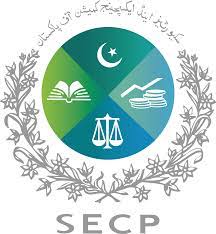Exploring the Role of Hate Speech in Anti-Religious Discourse in Pakistan
Keywords:
Religious extremism, Facebook, Hate Speech, Shia, SunniAbstract
Introduction: Religious extremism poses a significant threat to global communication, with sectarian divisions in Pakistan intensifying during the Muharram holiday. This surge in sectarian hate speech on social
media, especially between Shia and Sunni groups, highlights the need for understanding its demographic influences.
Methodology: This study employs the Uses and Gratification theory to explore the relationship between user demographics and the dissemination of hate speech on social media. A 5-point Likert scale questionnaire
was distributed to 200 Facebook users to assess the impact of gender, education level, and socioeconomic status on hate speech directed at particular groups.
Results/Findings: The findings indicate that sectarian hate speech is disseminated by individuals from various sects, with a significant correlation between religious affiliation and the spread of hate speech.
Higher educational attainment and socioeconomic status were found to influence the likelihood of sharing hostile content, with financially stable and well-educated individuals sharing less.
Future Direction: Future research should focus on the role of online discussions in mitigating hate speech and fostering respectful communication. Promoting education, financial stability, and constructive dialogue can contribute to a more positive online environment.


















